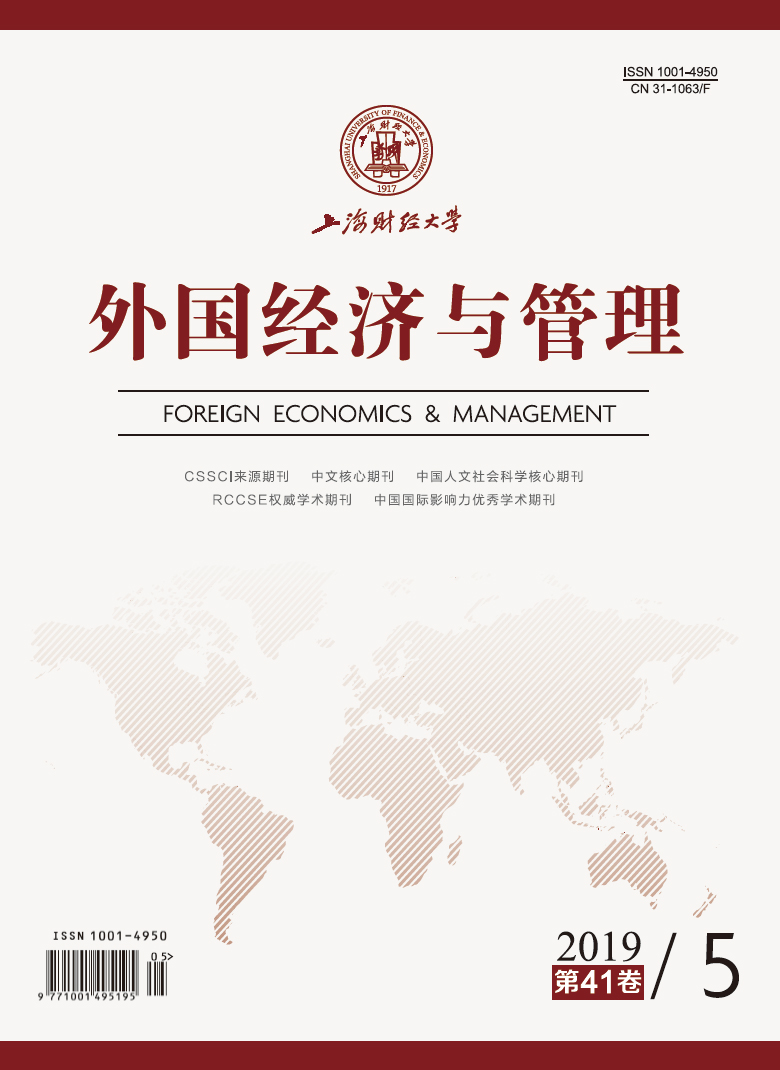In China, the proportion of syndication in total investments has increased from 28.65% in 2007 to 42.08% in 2017. Extant research on syndication has recognized it as an effective way to mitigate risks and enhance the performance of both VC firms and target ventures. Regarding the antecedents of syndication, scholars have explored a variety of firm level factors that explain the formation of syndication. For example, from the VC firm perspective, VC firms’ past experience, reputation, and network positions are key factors influencing their attractiveness to potential syndicate partners; from the target firm perspective, the location and industry of target firms will affect VC syndication decisions. Despite of the growing evidence on the antecedents of syndication, most of prior studies have focused on firm-level factors, but lacked an understanding of how individuals matter in VC syndication formation. However, the effect of venture capitalists’ job mobility on syndication has not been addressed by prior literature. Therefore, how does venture capitalists’ job mobility influence the likelihood of syndication between the losing and the receiving VC firms? In specific, we test the impact of venture capitalists’ job mobility on VC firms’ syndication formation, and the moderating roles of two alternative mechanisms: geographic proximity and social proximity. Utilizing the investment data of 1 015 VC firms in China over 2000-2016, we find that the mobility of venture capitalists increases the likelihood of syndication between the losing and the receiving VC firms; the larger the geographic distance is, or the less the prior interactions between the two VC firms are, the stronger the positive effect of venture capitalists’ job mobility on syndication is. We also employ Rare-event logit models, Heckman two-stage least squares estimations (2SLS), and Propensity Score Matching (PSM) approach to verify the robustness of the findings. The study contributes to the literature in two ways: First, it explores the individual- and interpersonal-level antecedents of syndication, which complements the prior research focusing on firm-level explanations, and more generally, enhances our understandings of the micro-foundation of alliance formation. Second, by investigating the contingent roles of geographic distance and prior interaction, it reveals the boundary conditions for venture capitalists to make effect on the formation of syndication, contributing to our knowledge of the interplay between individual- and firm-level factors on interfirm collaborations. Additionally, by leveraging China’s VC industry as the research context, the study sheds light on the co-evolution of interpersonal and interfirm networks in the Chinese context.
 / Journals / Foreign Economics & Management
/ Journals / Foreign Economics & ManagementForeign Economics & Management
JIN Yuying, Editor-in-Chief
ZhengChunrong, Vice Executive Editor-in-Chief
YinHuifang HeXiaogang LiuJianguo, Vice Editor-in-Chief
The Effect of Job Mobility on Venture Capital Syndication: A Study of China’s Venture Capital Industry
Foreign Economics & Management Vol. 41, Issue 05, pp. 44 - 57 (2019) DOI:10.16538/j.cnki.fem.2019.05.004
Summary
References
Summary
Keywords
[1] Dong Jing, Wang Li, Wu You. Geographic Distance and Investment Strategy of Venture Capitals: With the Moderating Effects of Market Environment and VCs’ Characteristics[J]. Nankai Business Review, 2017, (2): 4-16.
[2] Huang Fuguang, Jia Ximeng, Tian Li, Knowledge Backgrounds of Top Management Team in Venture Capital Firms and the High-tech Investment Preference[J]. Journal of Management Science, 2016, (5): 31-44.
[3] Long Yu, Zhao Hailong, Zhang Xinde, et al., High-speed Railway and Venture Capital Investment[J]. Economic Research Journal, 2017, (4): 195-208.
[4] Sun Shuwei, Yu Chunling. Social Relationship Network and Withdrawal Performance of Venture Capital: Investigation from Efficiency and Effectiveness Perspectives [J]. Foreign Economics & Management, 2018, (1): 107-123.
[5] Bermiss Y S, Greenbaum B E. Loyal to whom? The effect of relational embeddedness and managers’ mobility on market tie dissolution[J]. Administrative Science Quarterly, 2016, 61(2): 254-290.
[6] Bermiss Y S, Murmann J P. Who matters more? The impact of functional background and top executive mobility on firm survival[J]. Strategic Management Journal, 2015, 36(11): 1697-1716.
[7] Campbell B A, Ganco M, Franco A M, et al. Who leaves, where to, and why worry? Employee mobility, entrepreneurship and effects on source firm performance[J]. Strategic Management Journal, 2012, 33(1): 65-87.
[8] Chatterji A K, De Figueiredo Jr R J P, Rawley E. Learning on the job? Employee mobility in the asset management industry[J]. Management Science, 2016, 62(10): 2804-2819.
[9] Ewens M, Rhodes‐Kropf M. Is a VC partnership greater than the sum of its partners?[J]. The Journal of Finance, 2015, 70(3): 1081-1113.
[10] Gompers P A, Mukharlyamov V, Xuan Y H. The cost of friendship[J]. Journal of Financial Economics, 2016, 119(3): 626-644.
[11] Gu Q, Lu X H. Unraveling the mechanisms of reputation and alliance formation: A study of venture capital syndication in China[J]. Strategic Management Journal, 2014, 35(5): 739-750.
[12] Hochberg Y V, Lindsey L A, Westerfield M M. Resource accumulation through economic ties: Evidence from venture capital[J]. Journal of Financial Economics, 2015, 118(2): 245-267.
[13] Jain A. Learning by hiring and change to organizational knowledge: Countering obsolescence as organizations age[J]. Strategic Management Journal, 2016, 37(8): 1667-1687.
[14] Liu Y, Maula M. Local partnering in foreign ventures: Uncertainty, experiential learning, and syndication in cross-border venture capital investments[J]. Academy of Management Journal, 2016, 59(4): 1407-1429.
[15] Mawdsley J K, Somaya D. Employee mobility and organizational outcomes: An integrative conceptual framework and research agenda[J]. Journal of Management, 2016, 42(1): 85-113.
[16] Tan D, Rider C I. Let them go? How losing employees to competitors can enhance firm status[J]. Strategic Management Journal, 2017, 38(9): 1848-1874.
[17] Zhang L, Gupta A K, Hallen B L. The conditional importance of prior ties: A group-level analysis of venture capital syndication[J]. Academy of Management Journal, 2017, 60(4): 1360-1386.
[18] Zhelyazkov P I, Gulati R. After the break-up: The relational and reputational consequences of withdrawals from venture capital syndicates[J]. Academy of Management Journal, 2016, 59(1): 277-301.
Cite this article
Shen Rui, Yu Lei, Lu Jiangyong. The Effect of Job Mobility on Venture Capital Syndication: A Study of China’s Venture Capital Industry[J]. Foreign Economics & Management, 2019, 41(5): 44-57.
Export Citations as:
For





 5569
5569  11445
11445

